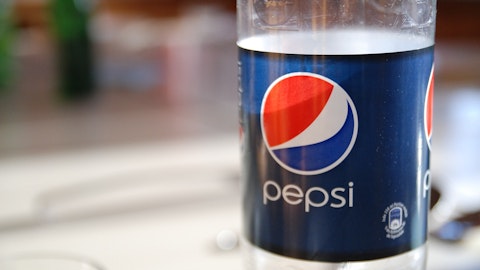People usually associate insider trading with illegal conduct as the media discusses numerous cases of insider trading on a weekly basis. For instance, a fresh article posted by Reuters shed some light on a story about a hedge fund manager who was charged earlier this week with trading on confidential information about drug approvals. Sanjay Valvani of Visium Asset Management LP was accused of receiving ill-gotten gains amounting to $25 million by gaining advance tips about U.S. Food and Drug Administration approvals of generic drug applications. However, not all forms of insider trading are illegal. As a general rule, there are two kinds of insider trading: legal and illegal. The illegal kind involves buying and selling securities based on material non-public information, which simply means that insiders trade on material knowledge the general public does not have yet. However, as long as corporate insiders play by the rules imposed by the SEC, they can easily buy and sell shares in their own companies. Insider Monkey keeps track of insider trading behavior and compiles a list of noteworthy insider transactions on a daily basis, so let’s have a look at several insider trades recorded with the SEC on Wednesday.
Academic research has shown that certain insider purchases historically outperformed the market by an average of seven percentage points per year. This effect is more pronounced in small-cap stocks. Another exception is the small-cap stock picks of hedge funds. Our research has shown that imitating the 15 most popular small-cap stocks among hedge funds outperformed the market by nearly a percentage point per month between 1999 and 2012 (read more details here).

Bedding Providers Has Executive Buy Shares amid Stock Price Weakness
Tempur Sealy International Inc. (NYSE:TPX) had one executive buy shares this week, after seeing three insiders piling up shares in May. Jay G. Spenchian, Executive Vice President and Chief Marketing Officer, purchased 7,000 shares on Wednesday for $58.37 each, lifting his overall holding to 15,800 shares. The world’s largest bedding provider has seen its market value plunge by 17% since the beginning of 2016. Tempur Sealy International Inc. (NYSE:TPX)’s both financial and stock performance have been weighted by a weaker-than-anticipated North American bedding market, as well as foreign currency headwinds. The mattress and bedding company recorded net sales of $721.0 million for the first quarter of the year, which decreased from $739.5 million reported in the first quarter of 2015. However, the company’s gross margin improved during the quarter, thanks to operational improvements such as sourcing improvements and lower commodity costs. Rehan Jaffer’s H Partners Management owned 7.00 million shares of Tempur Sealy International Inc. (NYSE:TPX) on March 31.
Follow Somnigroup International Inc. (NYSE:SGI)
Follow Somnigroup International Inc. (NYSE:SGI)
Receive real-time insider trading and news alerts
The next pages of this insider trading article reveals noteworthy insider transactions recorded at four other companies.





